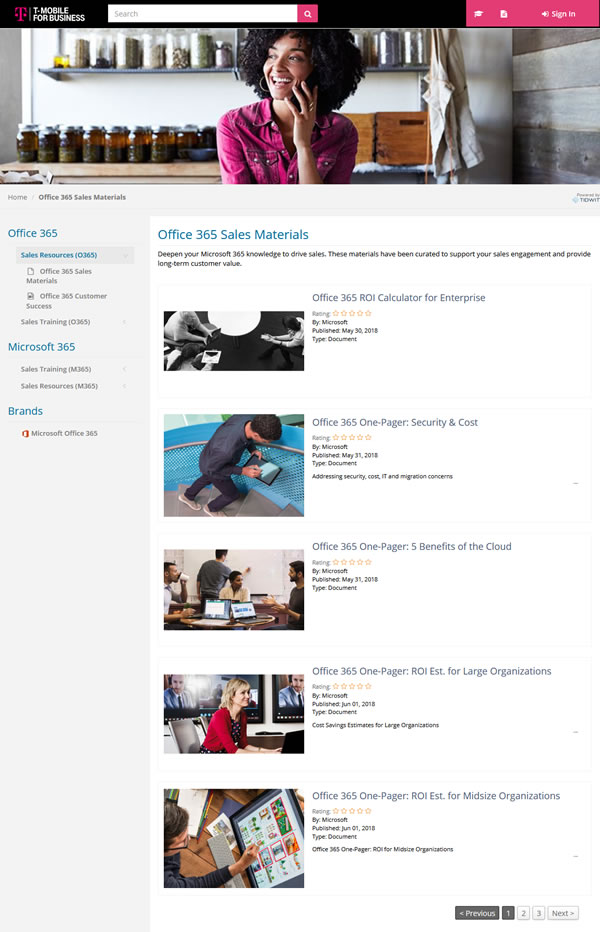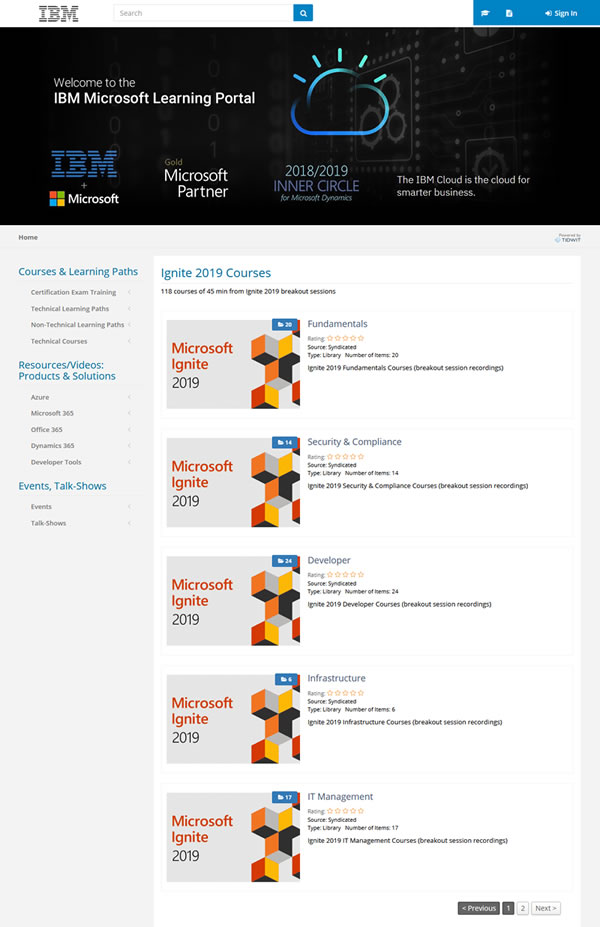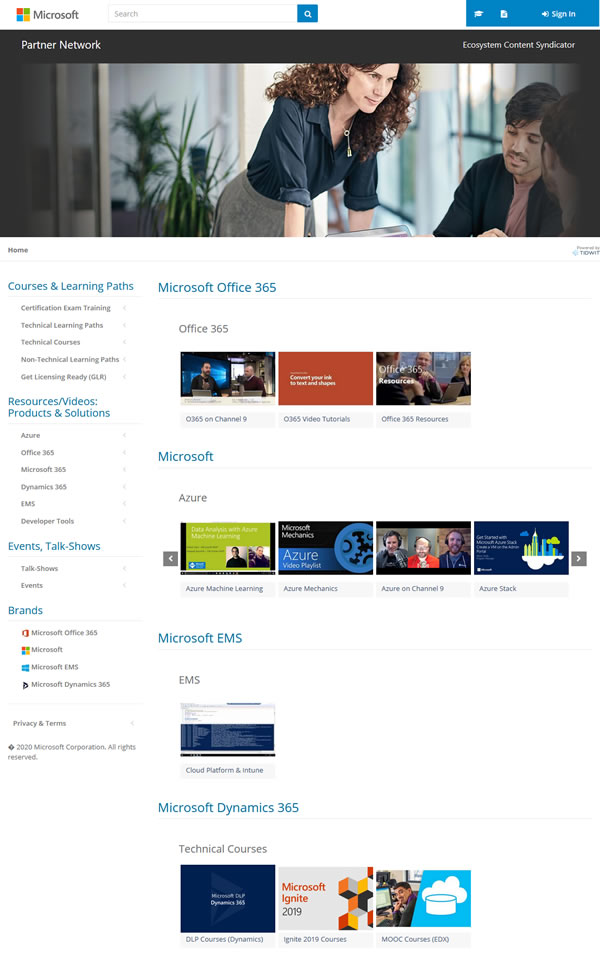- Home
- Solutions
- Who We Serve
- Our Network
- Partners
- Resources
- Home
- Solutions
- Who We Serve
- Our Network
- Partners
- Resources
- Home
- Solutions
- Who We Serve
- Our Network
- Partners
- Resources
- Home
- Solutions
- Who We Serve
- Our Network
- Partners
- Resources
- Home
- Solutions
- Who We Serve
- Our Network
- Partners
- Resources
- Home
- Solutions
- Who We Serve
- Our Network
- Partners
- Resources


